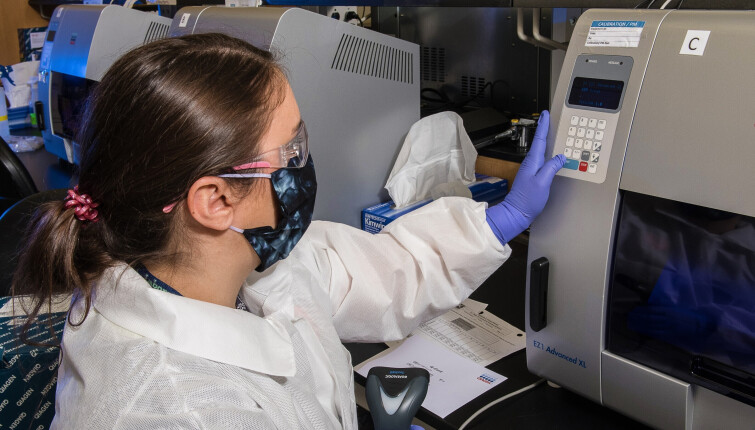By leveraging vast and diverse cardiovascular data sources, including cardiac imaging, cardiac biomarkers, electrocardiography (ECG), and clinical reports, AI4HF aims to provide a comprehensive understanding of each HF patient's condition, enabling early predictions and personalized care. This groundbreaking initiative underscores the importance of interdisciplinary AI and trustworthiness to ensure that the developed technology is embraced and utilized in real-world healthcare settings, benefiting patients, cardiologists, physicians, care providers, and society as a whole.
The Challenge of Heart Failure
Heart failure, a condition where the heart is unable to pump blood effectively, affects millions of people worldwide and poses a significant burden on healthcare systems. Timely diagnosis and personalized treatment are critical to improving outcomes for HF patients. However, the complex nature of HF and the vast amount of patient data involved make it a challenge for healthcare professionals to provide precise, individualized care.
AI4HF: The Promise of Personalized Care
The AI4HF project seeks to revolutionize the way HF is diagnosed and managed. By harnessing the power of artificial intelligence, it aims to provide a holistic view of each patient's condition, focusing on the integration of various data sources:
1. Cardiac Imaging: Advanced imaging techniques like MRI and CT scans provide detailed insights into the structure and function of the heart. AI algorithms can analyze these images to detect subtle changes and abnormalities.
2. Cardiac Biomarkers: Biomarkers, such as B-type natriuretic peptide (BNP), can indicate the severity of HF. AI can interpret biomarker data in conjunction with other information for more accurate assessments.
3. Electrocardiography (ECG): ECG data records the electrical activity of the heart. AI can detect irregularities in ECG readings that may signify HF and provide early warnings.
4. Clinical Reports: Patient history, medical records, and clinical reports are invaluable sources of information. AI can mine this data to identify patterns and risk factors unique to each patient.
The AI4HF technology will integrate these data sources to create a comprehensive patient profile, enabling precise risk assessment and early detection of HF. This personalized approach can potentially lead to more effective interventions, improved patient outcomes, and reduced healthcare costs.
Trustworthy AI: A Cornerstone of the Project
One of the core principles of AI4HF is trustworthiness. The project recognizes that for AI to be adopted in real-world healthcare settings, it must be reliable, ethical, and transparent. To achieve this, AI4HF emphasizes the following key aspects:
1. Data Privacy: Patient data security and privacy are paramount. The project adheres to strict data protection regulations and ensures that all data is anonymized and used responsibly.
2. Interdisciplinary Collaboration: AI4HF fosters collaboration between experts in cardiology, data science, ethics, and regulatory affairs. This interdisciplinary approach ensures that the AI technology aligns with clinical needs and ethical standards.
3. Regulatory Compliance: The project is committed to meeting regulatory requirements and obtaining necessary approvals to deploy AI technology in healthcare settings.
4. Real-World Deployment: AI4HF aims to bridge the gap between research and practical application. The ultimate goal is to have the AI technology integrated into routine clinical practice, benefitting both patients and healthcare providers.
The Future of Heart Failure Care
The AI for Heart Failure project represents a significant step forward in the pursuit of personalized and effective healthcare. By harnessing the capabilities of artificial intelligence, it has the potential to transform the way heart failure is diagnosed, managed, and treated. With a strong emphasis on trustworthiness and interdisciplinary collaboration, AI4HF is poised to make a positive impact on the lives of HF patients, cardiologists, physicians, care providers, and society at large. As the project progresses, it brings us closer to a future where advanced technology supports healthcare professionals in delivering the best possible care to those in need.



